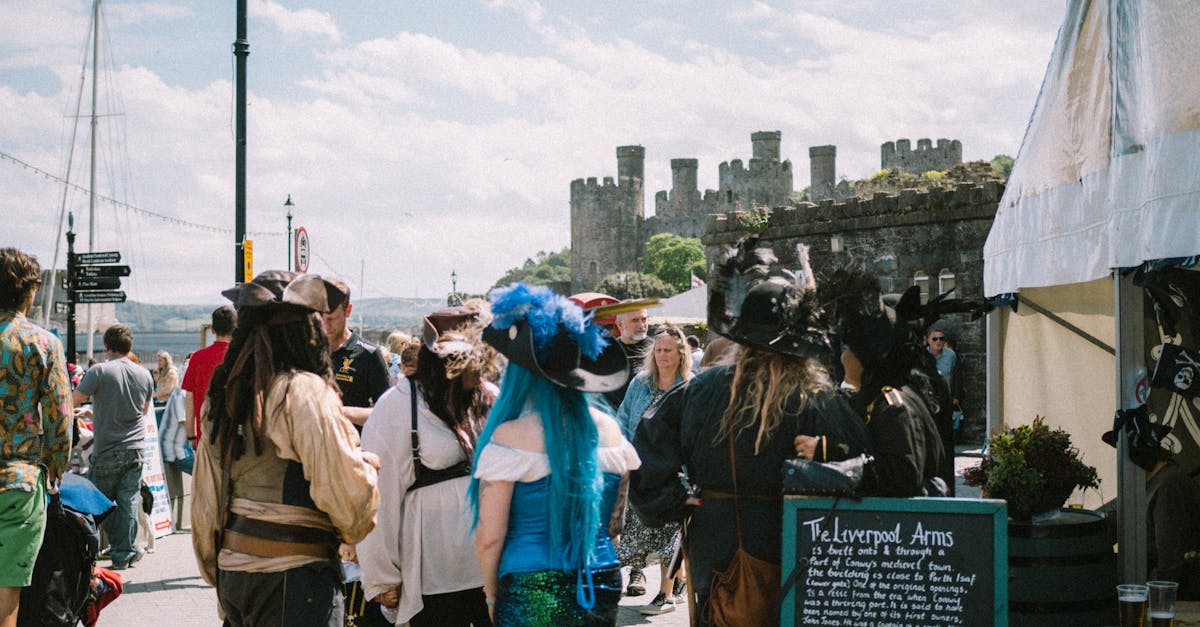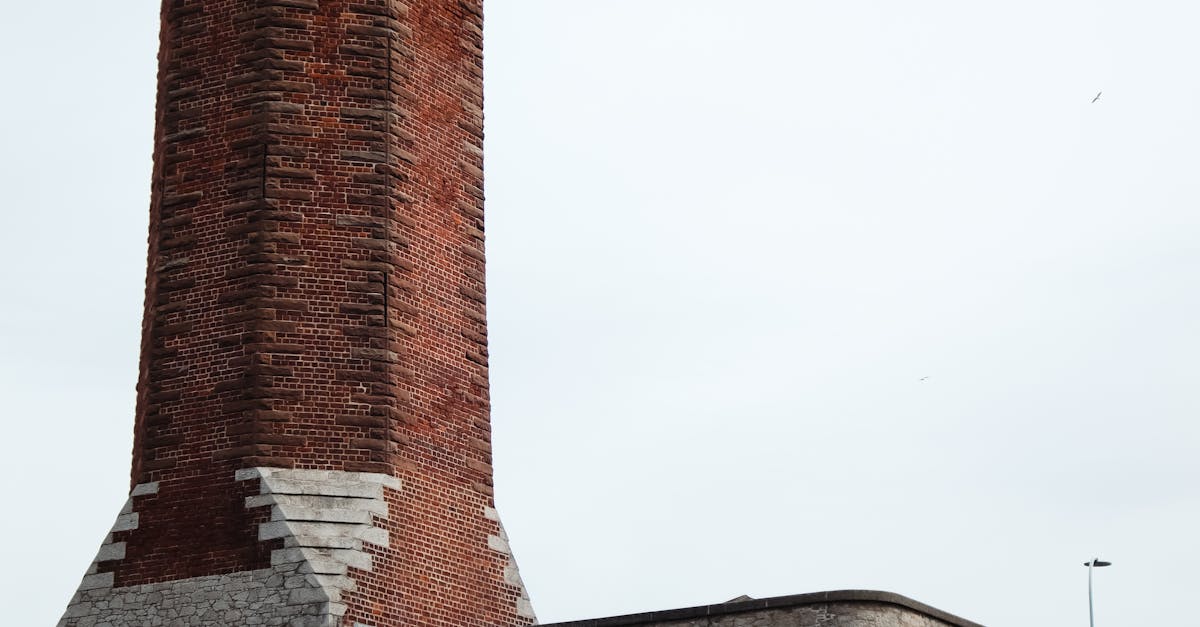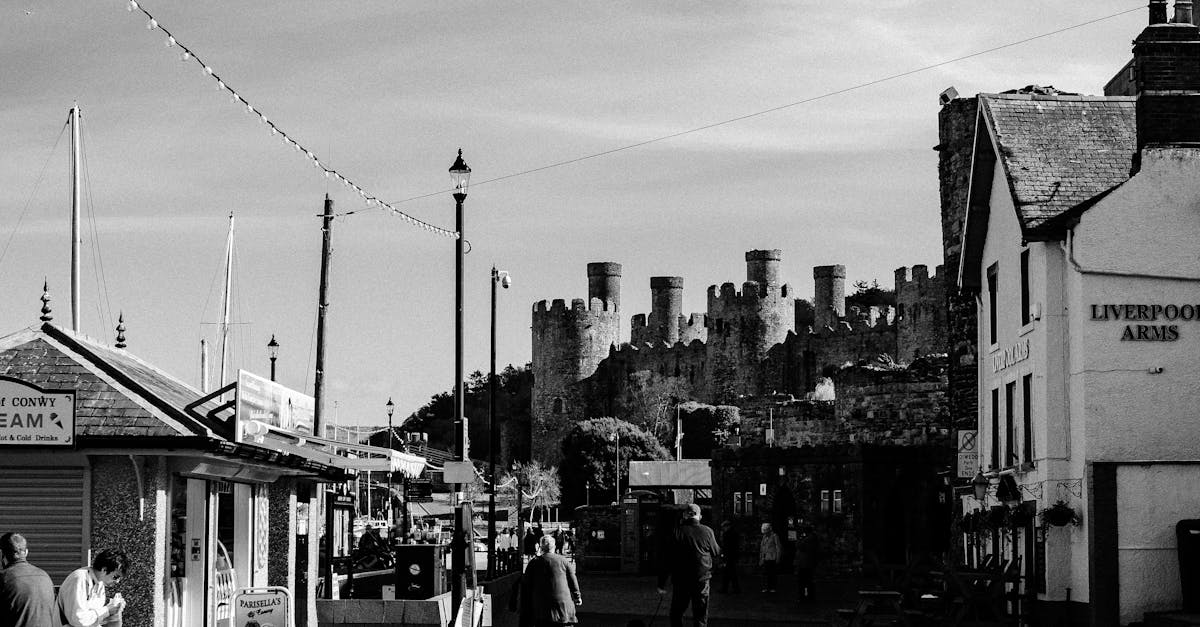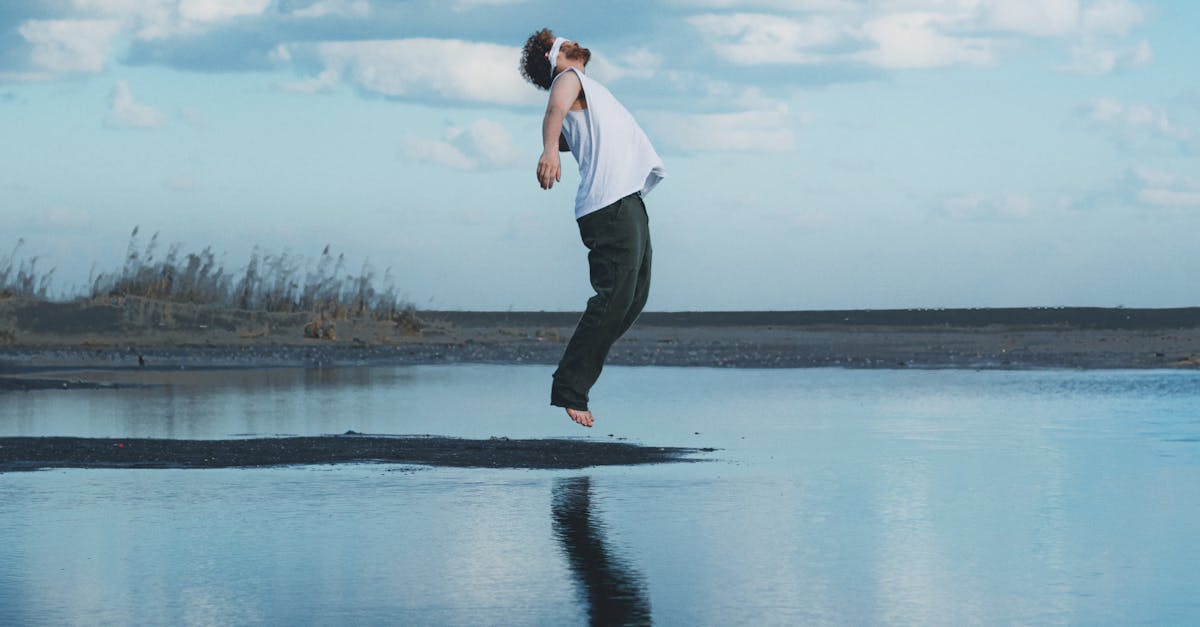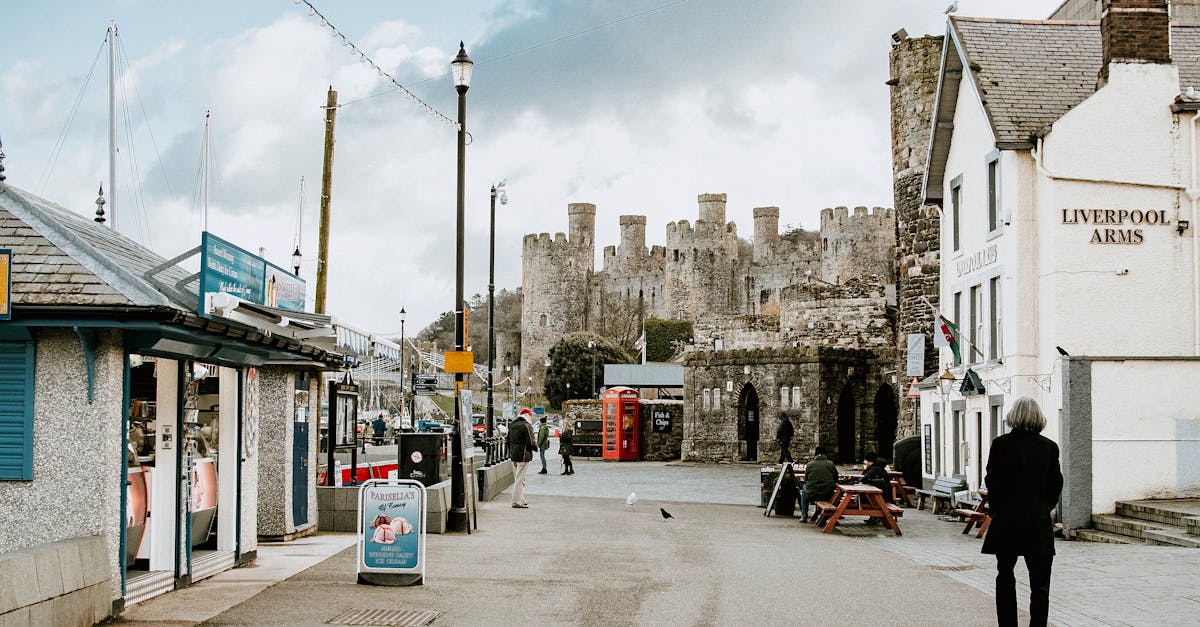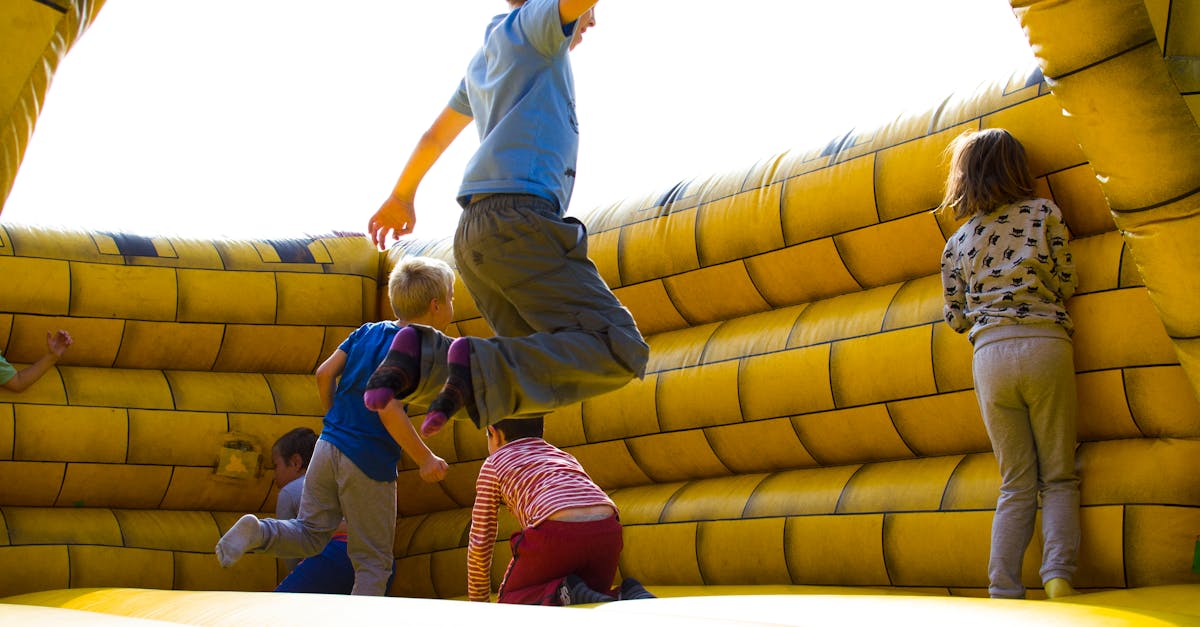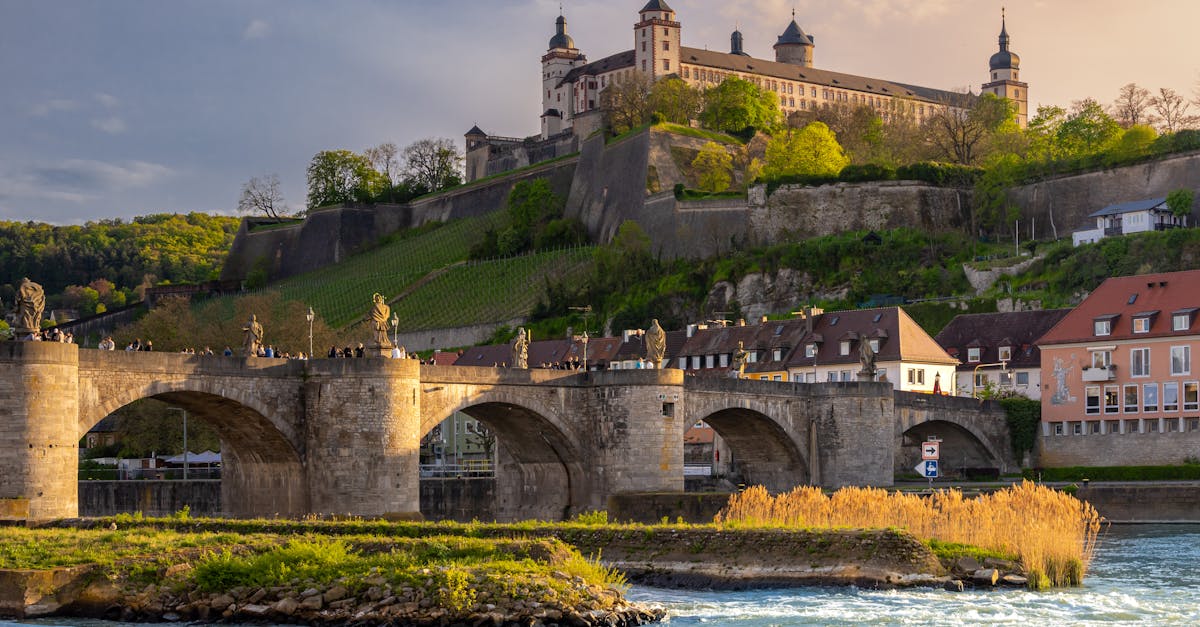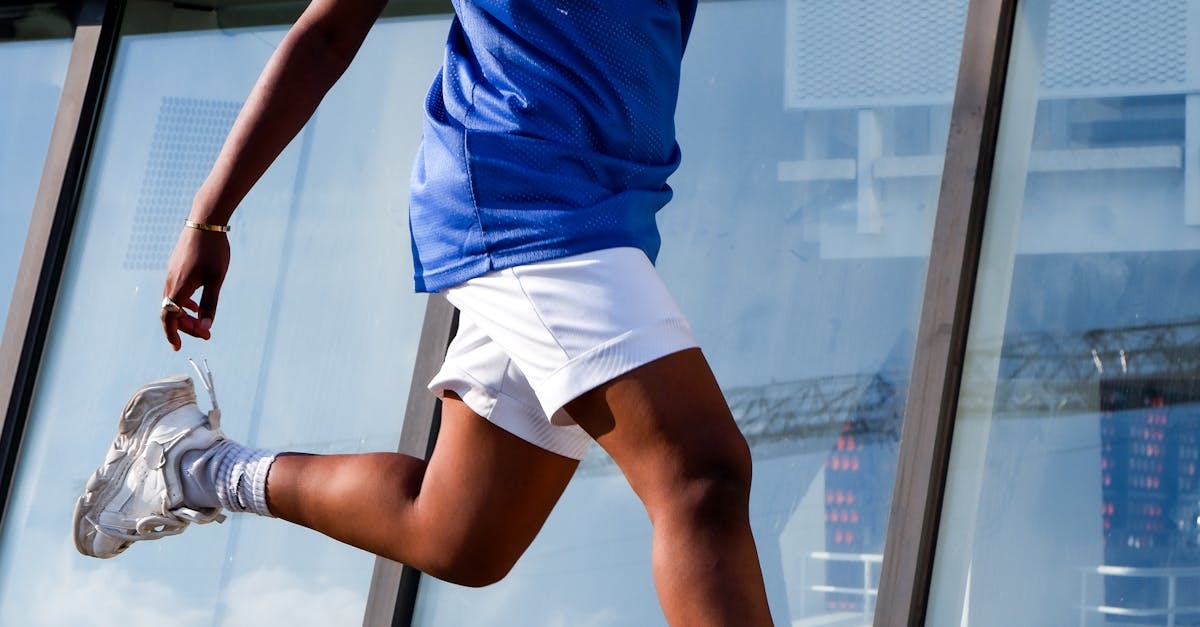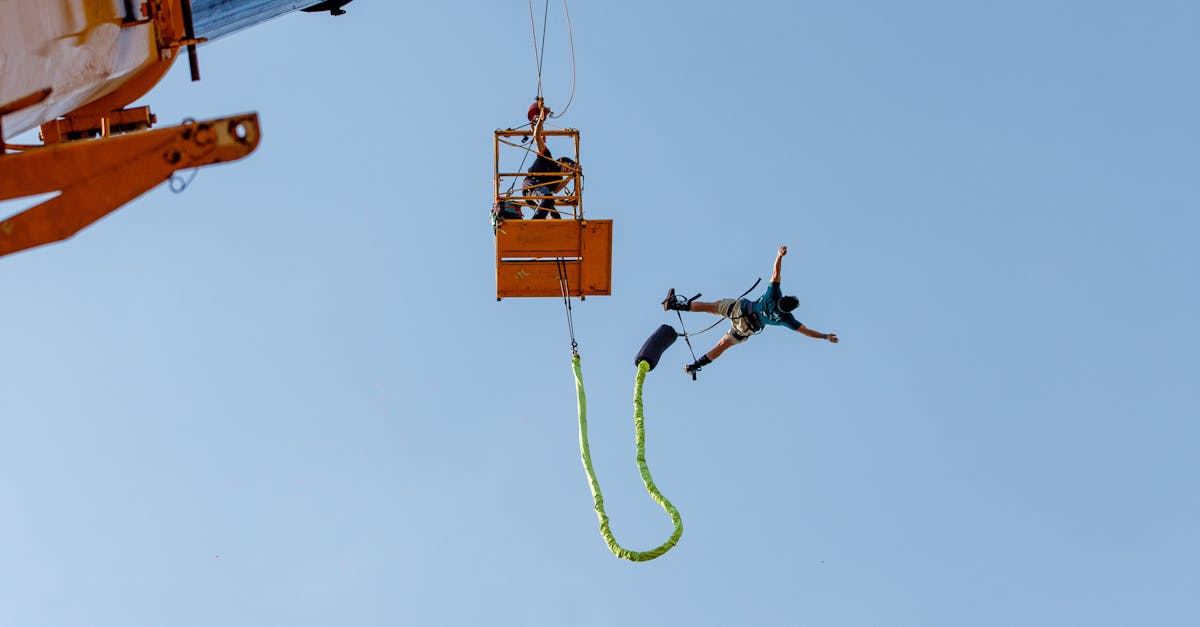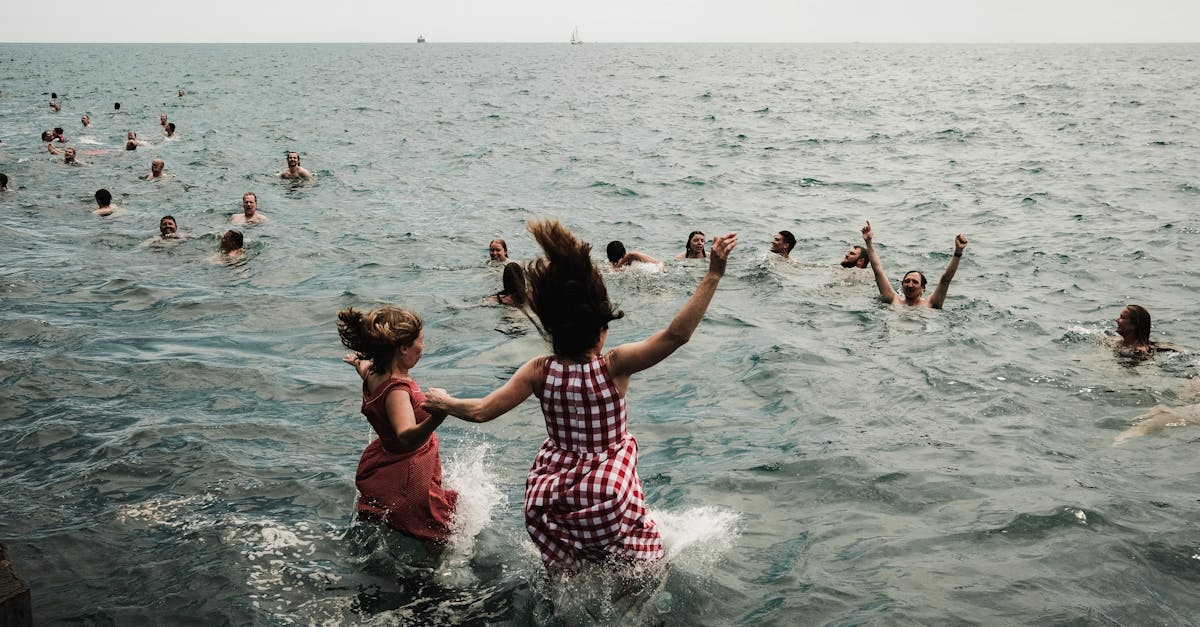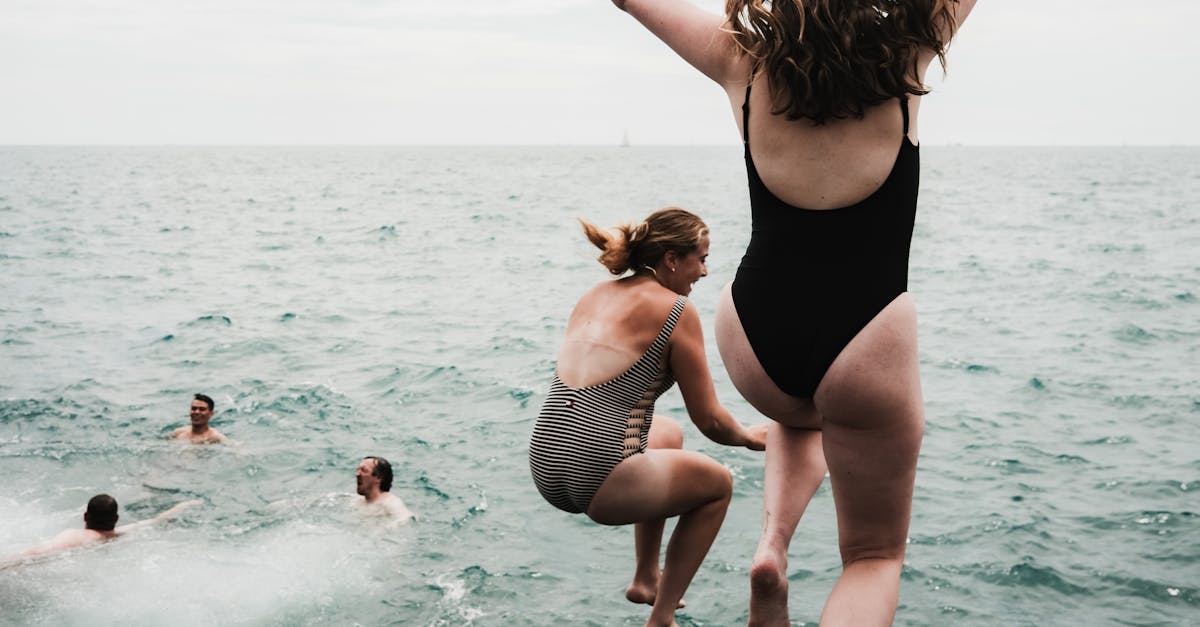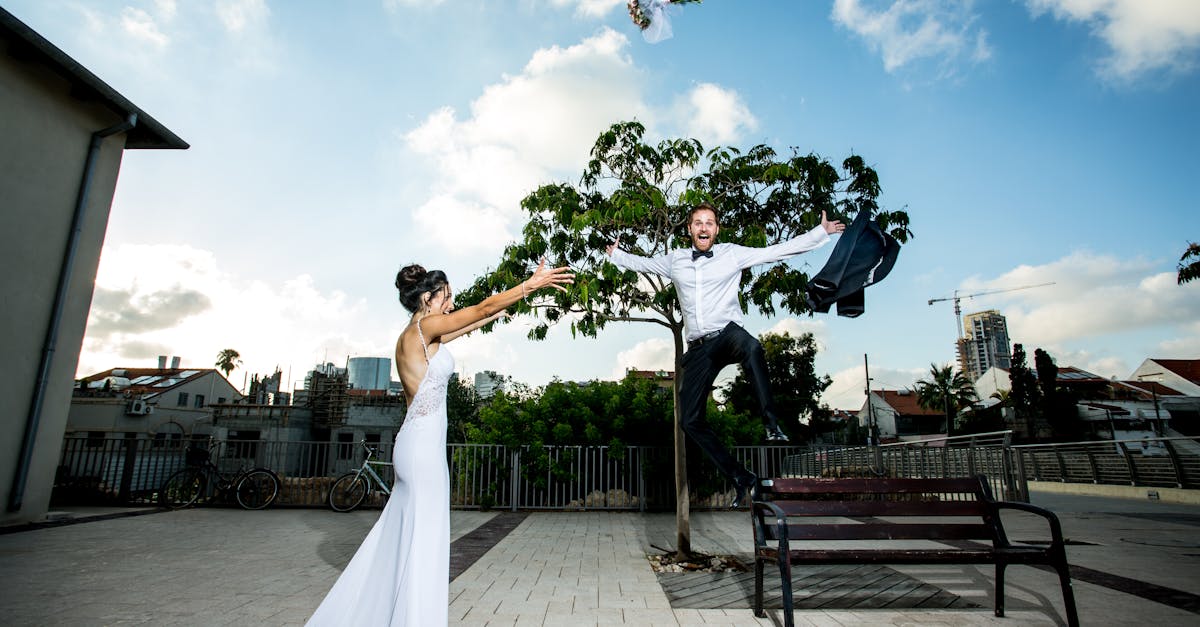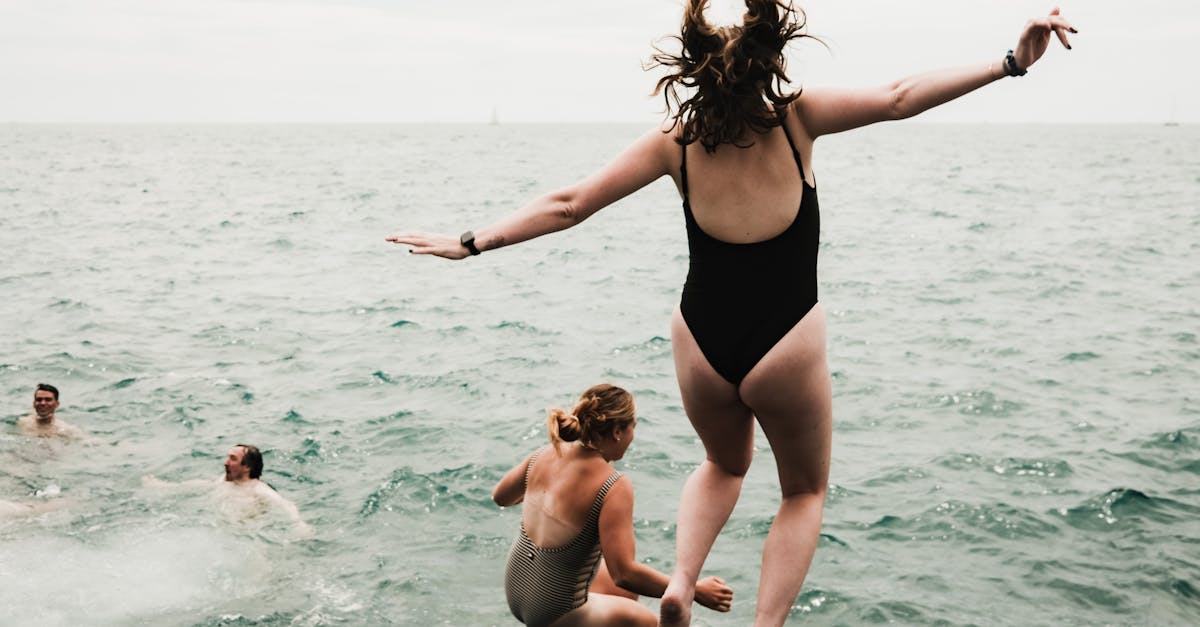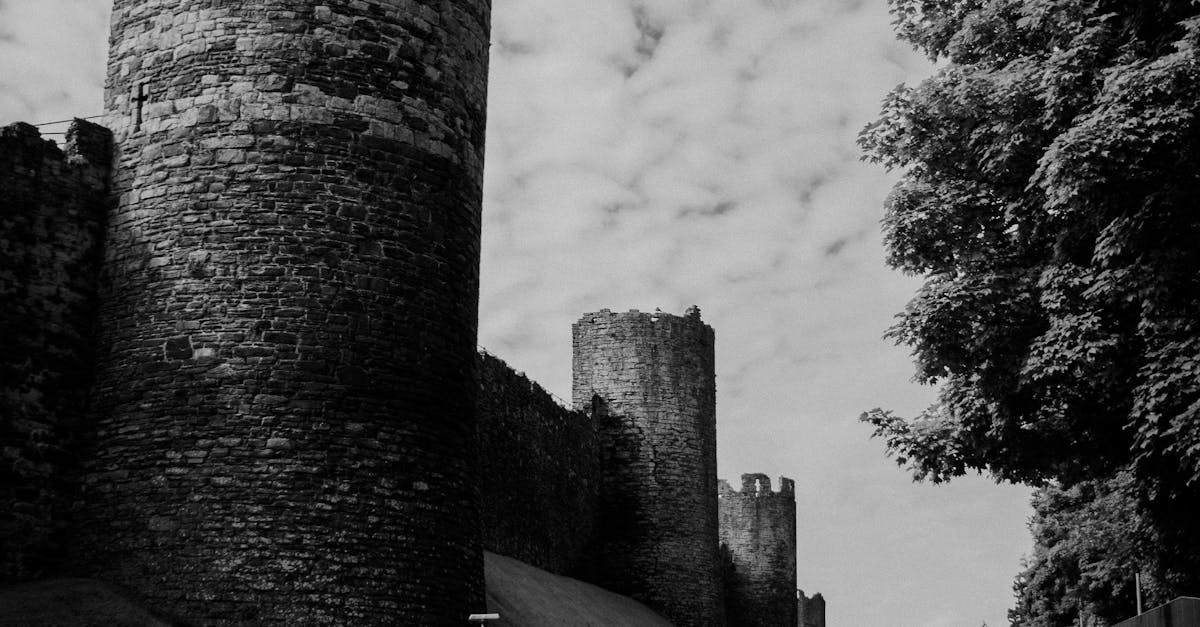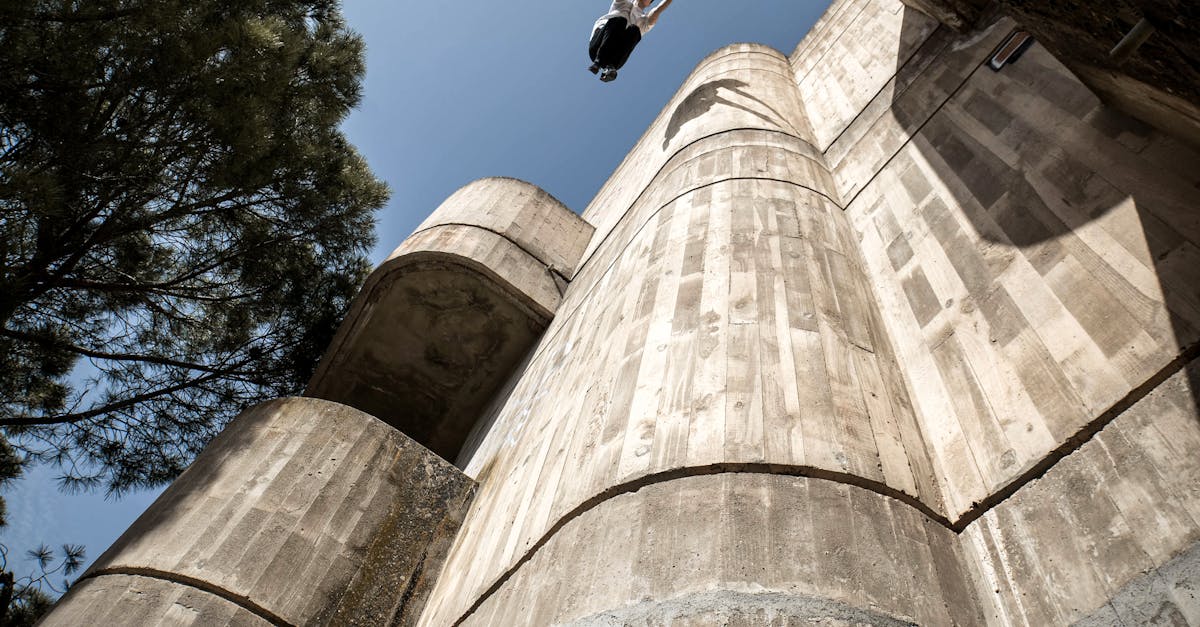
Table Of Contents
The Impact of Historical Status on Price
The historical status of a castle significantly influences its market value. Properties recognised for their cultural or architectural significance often come with preservation restrictions, which can limit renovations and alterations. Buyers who are drawn to castles not only consider the purchase price but also the ongoing costs of maintenance and compliance with local heritage laws. This can deter some investors, while others view the opportunity to own a piece of history as a worthwhile investment despite potential hurdles.
In the realm of unique uses for castles, businesses like Corporate Jumping Castle Hire may emerge as innovative strategies to capitalise on these properties. Renting out a historic castle for events can provide a substantial revenue stream. This unconventional approach attracts a diverse clientele looking for memorable venues, thereby enhancing the castle's overall appeal and financial viability. Ultimately, a castle's historical status shapes its market opportunities while also presenting distinctive avenues for income generation that align with its heritage.
Listed Buildings and Preservation Laws
Listed buildings carry unique significance as they are recognised for their historical and architectural importance. Preservation laws often impose strict guidelines that govern alterations, renovations, and restorations. Ownership of a listed castle means navigating these regulations while trying to balance modernisation needs and historical fidelity. This can significantly influence a property's market value, as potential buyers must consider the costs associated with compliance and upkeep.
Investing in a listed property can present both challenges and rewards. The limitations on modifications might deter some investors, while others see potential in creating unique experiences that celebrate the castle's heritage. For example, a savvy business model could include options like Corporate Jumping Castle Hire for events, allowing visitors to enjoy the historical backdrop while engaging in more contemporary activities. This strategy can enhance the property’s appeal and profitability, demonstrating that listed buildings can serve both preservation and modern entertainment needs.
Market Trends in Castle Real Estate
The market for castle real estate has seen a notable rise in interest, attracting both affluent buyers and investors keen on unique properties. These historical edifices often embody a tangible connection to the past, enhancing their appeal. Economic conditions typically influence these trends, with periods of financial stability leading to increased demand. Additionally, innovative uses of castles, such as hospitality ventures or private events, have broadened their market potential.
Corporate Jumping Castle Hire has emerged as a popular trend for events held in these magnificent structures. This trend underscores the growing inclination towards combining traditional venues with modern entertainment options. Buyers and developers recognise that such unique features can significantly enhance a castle's marketability, appealing to a wider clientele. The interplay of historical charm and contemporary amenities continues to shape market dynamics in the castle real estate sector.
Demand and Investment Opportunities
In recent years, the demand for unique real estate investments has led to an increased interest in castles. Buyers are attracted not only by the grandeur and historical significance but also by the potential for revenue generation. Some visionary investors have turned these properties into boutique hotels or exclusive event venues, tapping into the market for unique travel experiences. Corporate Jumping Castle Hire is an example of a niche service that can thrive alongside castle ownership, catering to family events and corporate functions held in these majestic settings.
The rise of experiential tourism has further fuelled the appeal of castle investments. With many seeking destinations that offer a taste of history and luxury, castles can become prime locations for hosting weddings, corporate retreats, and special celebrations. This trend presents unique opportunities for investors who are willing to innovate and adapt traditional practices. By combining the allure of castle real estate with contemporary event planning, investors can create a lucrative business model while preserving the charm and heritage of these remarkable structures.
Unique Features That Affect Value
The value of a castle can be significantly influenced by its unique features, such as architectural style, historical significance, and the quality of the surrounding landscape. Castles with distinctive elements, like turrets, moats, or intricate stonework, tend to attract higher prices. Additionally, features such as expansive gardens or proximity to scenic views can enhance a property’s desirability. These characteristics not only reflect the castle's history but also offer potential for immersive experiences, appealing to buyers looking for unique living environments or investment opportunities.
Another factor affecting value is the potential for commercial ventures. Some buyers may consider incorporating elements like event hosting or leisure activities into their ownership plans. For instance, castles could be used for weddings or corporate events, and there is an increasing trend in options like Corporate Jumping Castle Hire. This diversification can lead to additional revenue streams, making such properties more attractive to investors looking for profitable uses beyond traditional residential living.
Architecture and Land Size
The architectural style of a castle plays a crucial role in determining its market value. Unique designs, such as Gothic or Renaissance elements, attract buyers looking for specific aesthetic qualities. Additionally, castles with intricate stonework or original timber framing often command higher prices. Their historical craftsmanship can significantly enhance their desirability, making them stand out in the real estate market.
Land size is another vital factor influencing the overall cost of a castle. Larger estates not only offer more privacy but also provide opportunities for expansion and development. Buyers may envision hosting events, such as Corporate Jumping Castle Hire, which requires ample outdoor space for guest activities. Thus, both architecture and land size contribute significantly to the valuation of a castle, reflecting its appeal to potential buyers and investors.
FAQS
What factors influence the cost of a castle?
The cost of a castle can be influenced by several factors, including its historical status, architectural features, land size, and the current market trends in castle real estate. Preservation laws can also affect pricing, especially for listed buildings.
Are there additional costs associated with purchasing a castle?
Yes, in addition to the purchase price, potential buyers should consider extra costs such as maintenance, restoration, insurance, and property taxes, which can be significant for historic properties.
How does the historical status of a castle affect its price?
Castles with historical significance or that are classified as listed buildings often come with higher price tags due to their cultural value, the costs associated with preservation, and the restrictions imposed by preservation laws.
Is investing in a castle a good idea?
Investing in a castle can be a unique opportunity, particularly in areas where there's growing demand for historical properties. However, potential investors should be aware of the costs and responsibilities involved in maintaining such properties.
What are some unique features that can increase a castle's value?
Unique features such as intricate architectural designs, extensive land size, historical significance, and modern amenities can significantly enhance a castle's value in the real estate market.

